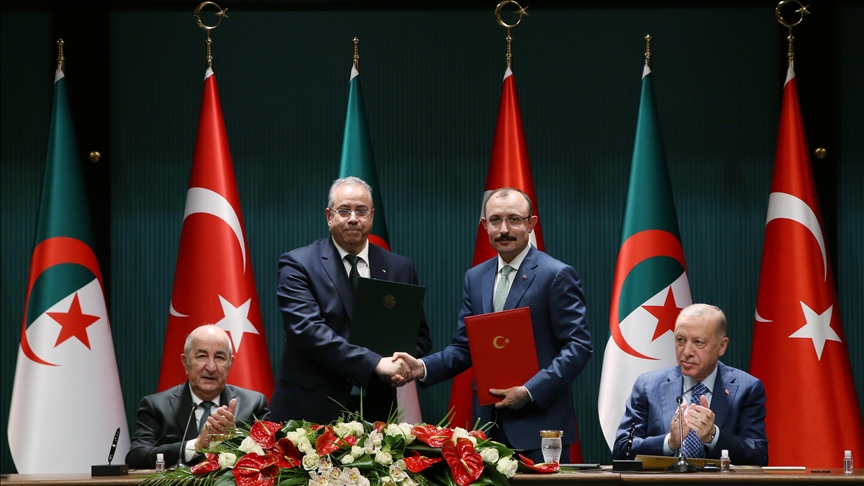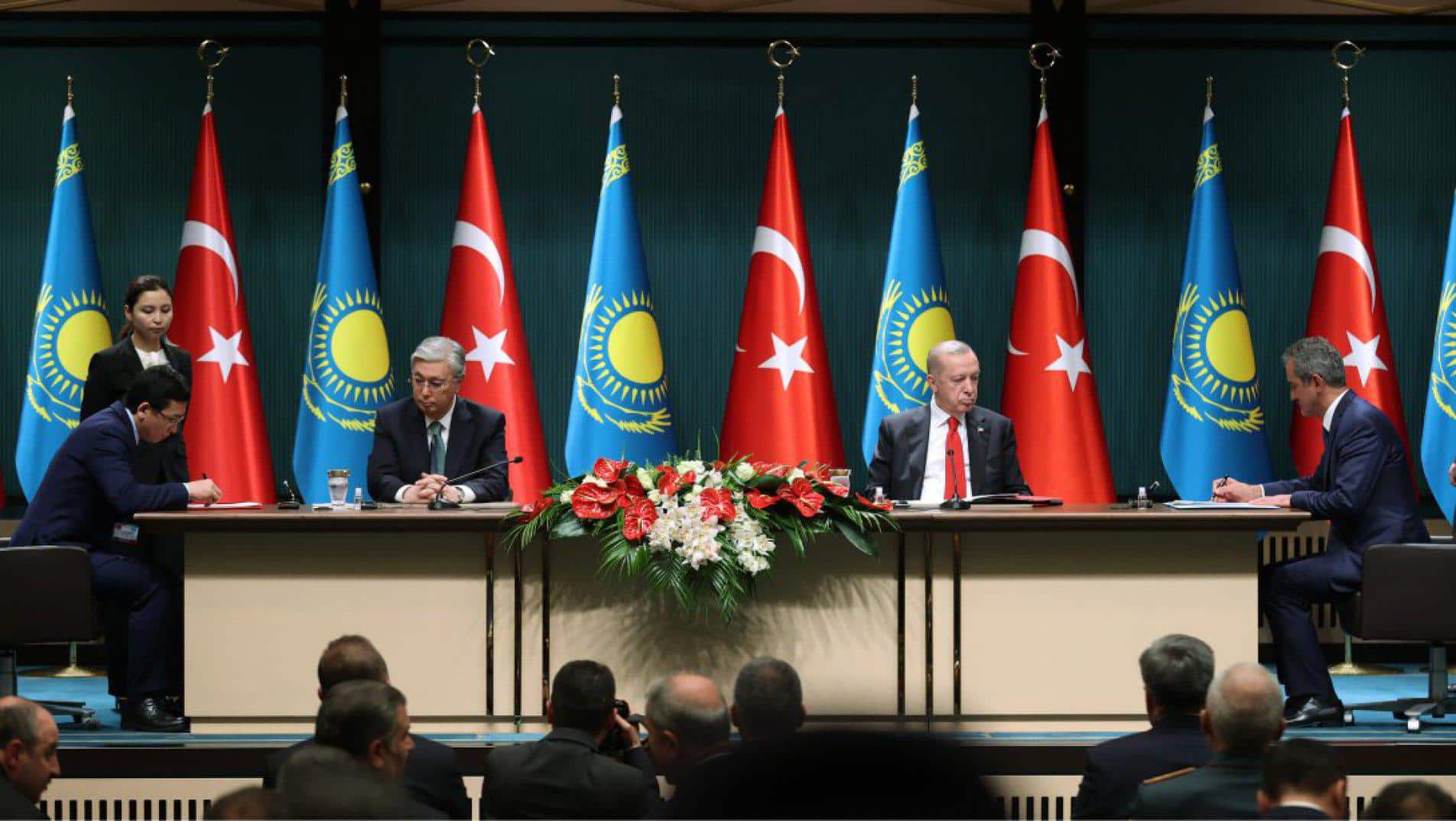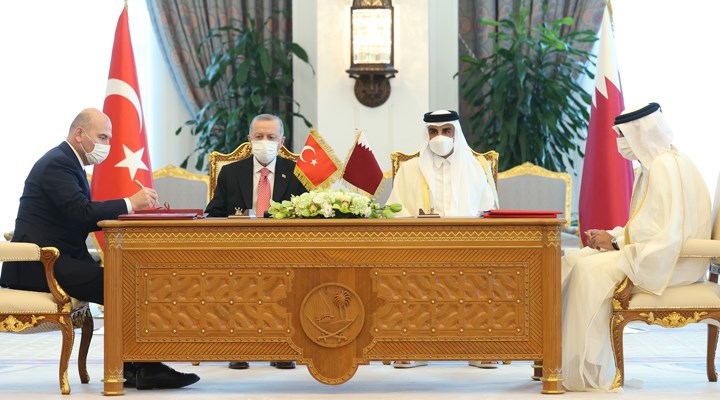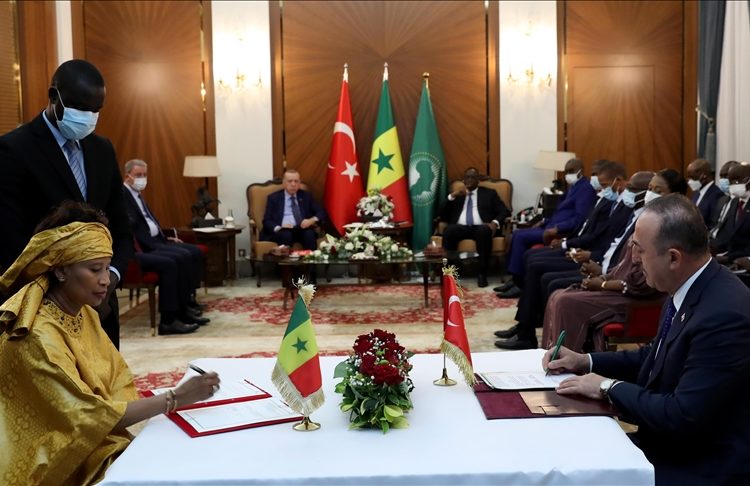Levent Kenez/Stockholm
Turkey’s deputy foreign minister stated at a parliamentary committee meeting last week that agreements with African and Middle Eastern countries are often signed at the last moment, attributing factual mistakes in the documents to this uncertainty
As in many previous committee meetings, opposition lawmakers objected to the factual mistakes, corrections and uncertainty of the signatories of bilateral agreements submitted for approval, asking why this issue hadn’t been resolved for years.
Minutes of the discussion in the parliamentary committee on bilateral agreements:
Deputy Foreign Minister Faruk Kaymakçı, who represented the Ministry of Foreign Affairs at the meeting, said the ministry is very strict regarding both the form of agreements and the procedures outlined in them. However, he acknowledged that there are factual mistakes and corrections because it is not clear until the last minute that these agreements will be signed.

Kaymakçı told lawmakers that such mistakes are observed especially in agreements signed with African and Middle Eastern countries.
Citing an instance from his time as ambassador in Baghdad between 2013 and 2017, Kaymakçı said they prepared an agreement in two hours and submitted it for the signature of the respective presidents but that the agreements the opposition deputies were referring to were executed at the ministerial level and coincide with trips planned far in advance.
The fact remains that a trend emerging in Turkish foreign policy in recent years confirms the deputy minister’s statements. Many agreements are signed during President Recep Tayyip Erdoğan’s trips abroad or at meetings where he receives leaders in Ankara. It is envisaged that each minister in the delegation will sign an agreement. So the visit turns into a long-lasting signing ceremony with the pro-government media reporting it as an important development. However, many of these agreements are no more than goodwill protocols or routine memorandums.
President Erdoğan usually refers to the number of agreements in his statements and at the weekly party meetings where he addresses his deputies.

For instance, during the official visit to Turkey of Kazakh President Kassym-Jomart Tokayev on May 10, 2022, 15 agreements were signed in the fields of transportation, defense industry cooperation, military intelligence, information technologies, culture, agriculture, transportation, trade, import duties, environment, education, youth, communications and archives.
Fifteen agreements were also signed during the official visit of Algerian President Abdelmadjid Tebboune, who visited Erdoğan on May 15, 2022.
Qatar is the country with which Turkey has signed the most agreements. The two countries have signed a total of 80 agreements in the last eight years. During Erdoğan’s visit to Doha on December 7, 2021, 15 agreements were signed.
Eleven agreements were signed during a visit of Qatari Emir Tamim bin Hamad Al Thani to Turkey on October 14, 2022. Considering all the agreements executed with Qatar in previous years, this gives the impression that many of the protocols were signed merely to increase the number.

Qatar and Turkey have been in close cooperation in recent years. Turkish opposition circles claim that Erdoğan and Al Thani are in fact business partners. Critics frequently allege that the real owners of the factories and companies in Turkey that Qatari businessmen have recently bought are the Erdoğan family.
According to the Turkish constitution, international agreements must be ratified by parliament in order to enter into force. The agreements, which are first approved in the relevant parliamentary committee, are then sent to the parliament floor. There are dozens of agreements waiting to be submitted to the committees.
However, Turkey puts the military agreements it has signed with African and Eastern European countries into the legislative approval process more quickly than others, primarily for the export of defense products to these countries. Among these products are combat drones produced by a company belonging to Erdoğan’s son-in-law.












